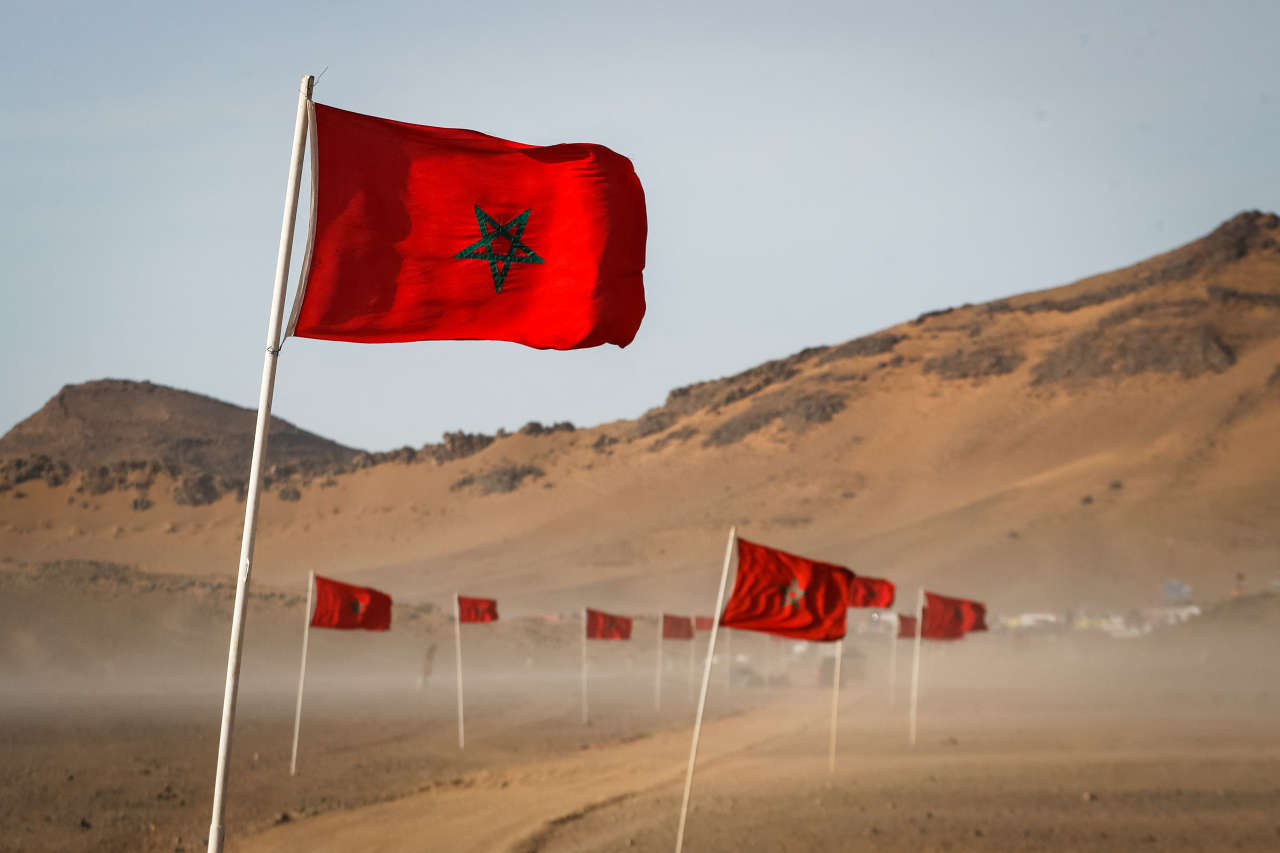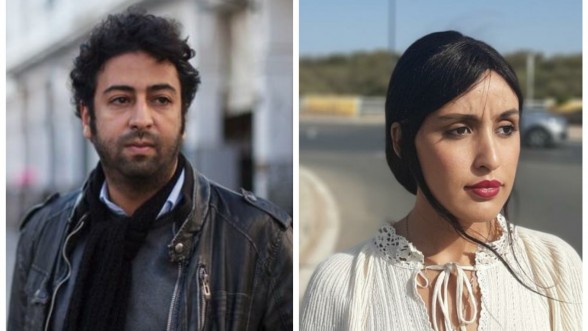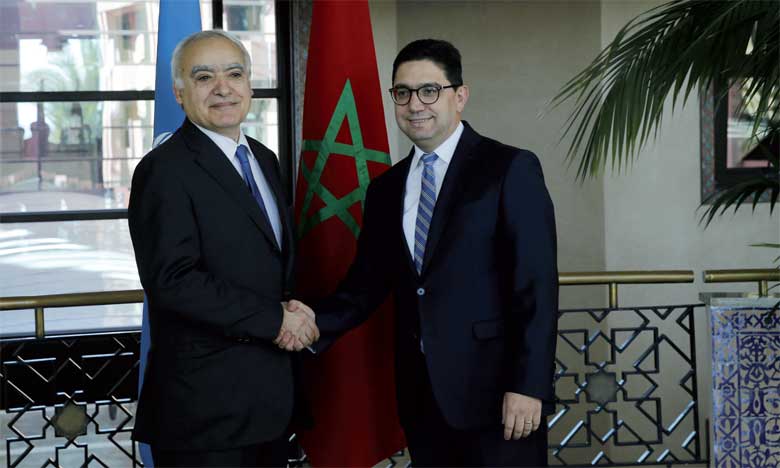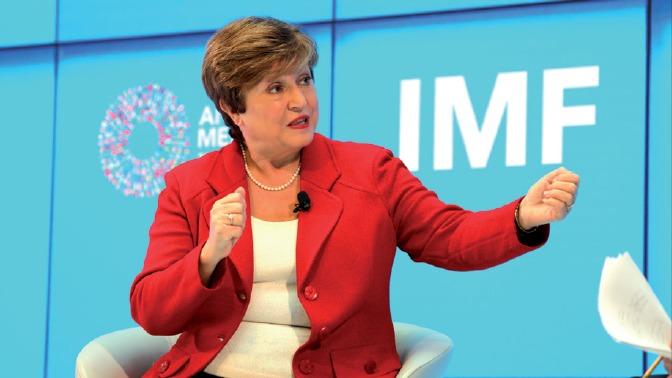Italy said on July 5 it backs Morocco’s “serious and credible efforts” to find a lasting solution to the regional dispute over the Sahara territory.
The position was expressed by Italy’s foreign ministry during a visit to Rome by Morocco’s foreign minister Nasser Bourita.
The Italian clear-cut position in support of a solution on the basis of UN security resolutions deals a blow to the Algerian regime which has been using its position as Italy’s largest gas supplier to push for a pro-polisario stand.
In an action plan signed by Bourita and his Italian peer Antonio Tajani, Italy mentioned the need to stick to UN Security council resolution 2654 of October 2022 which underscores the preeminence of Morocco’s autonomy plan and calls for a mutually acceptable solution based on compromise.
The same resolution was rejected by Algeria after it failed to weaponize gas supplies to push European customers to adopt a pro-separatist stand invoking the obsolete and unfeasible referendum option.
What will Algeria do?
Algeria has shown its genuine face as Morocco’s real adversary on the Sahara issue, using the Polisario front in a proxy conflict that has long-lasted and in which Algeria is losing ground both diplomatically and militarily.
After Spain backed Morocco’s autonomy plan, Algeria recalled its ambassador and took a series of self-defeating economic retaliation measures against Spanish exporting companies.
Prior to that, Algeria shutdown a gas pipeline that supplies Spain via Morocco depriving Algerian treasury of valuable revenue after a surge in gas prices due to sanctions on Russia.
Now that Italy supported UN resolution 2654 that Algeria rejected, would the military junta in the gas and oil rich country reduce supplies to Italy? It is mostly unlikely because such a measure would hurt Algerian coffers amid decreasing gas and oil prices.
Such an economic retaliation would further portray Algeria as an unreliable gas supplier that is deeply involved in the Sahara conflict to an extent of hurting its own economy to pressure clients to take its side.
Algeria, with its hydrocarbons dependent economy, is also expected to eat into its foreign exchange reserves estimated now at 66 billion dollars with prospects to be fully depleted by 2028 according to the IMF.
Meanwhile, the Algerian government indulges in telling half-truths by focusing on value of gas exports instead of the volume which has dropped 10% to 49.3 billion cubic meters in 2022, down more than 5 bcm from 2021.



